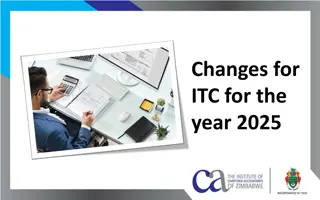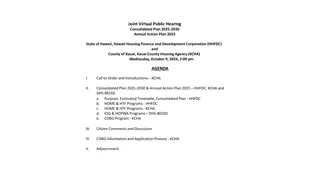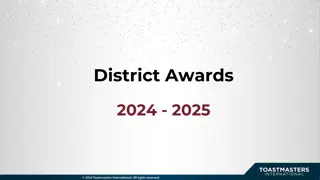
Improving English Listening Skills: Essential Guide for EFL Learners
Enhance your English listening skills with effective techniques and strategies. Overcome common challenges, learn pre-listening, during-listening, and post-listening techniques, utilize resources for practice, and measure your progress for continuous improvement.
Download Presentation

Please find below an Image/Link to download the presentation.
The content on the website is provided AS IS for your information and personal use only. It may not be sold, licensed, or shared on other websites without obtaining consent from the author. If you encounter any issues during the download, it is possible that the publisher has removed the file from their server.
You are allowed to download the files provided on this website for personal or commercial use, subject to the condition that they are used lawfully. All files are the property of their respective owners.
The content on the website is provided AS IS for your information and personal use only. It may not be sold, licensed, or shared on other websites without obtaining consent from the author.
E N D
Presentation Transcript
Computer Techniques Engineering Department
Improving English Listening Skills An essential guide for EFL learners
Why is Listening Important? Enhances overall communication Improves pronunciation Builds vocabulary in context Develops natural language patterns
Common Challenges Speed of native speakers Unfamiliar accents Idiomatic expressions Background noise in recordings
Effective Listening Strategies Focus on main ideas, not every word Practice active listening Use context clues Anticipate what might come next
Resources for Practice Podcasts English news broadcasts TV shows and movies Language learning apps
Pre-listening Techniques Preview vocabulary Set a purpose for listening Make predictions about content Review related topics
During-listening Techniques Take brief notes Visualize what you're hearing Listen for tone and emotion Identify discourse markers
Post-listening Activities Summarize main points Discuss with others Reflect on what was challenging Apply new vocabulary or phrases
Measuring Progress Regular self-assessment Take standardized tests (IELTS, TOEFL) Keep a listening journal Seek feedback from native speakers
Remember Consistent practice leads to improvement. Stay motivated and enjoy the learning process!






















